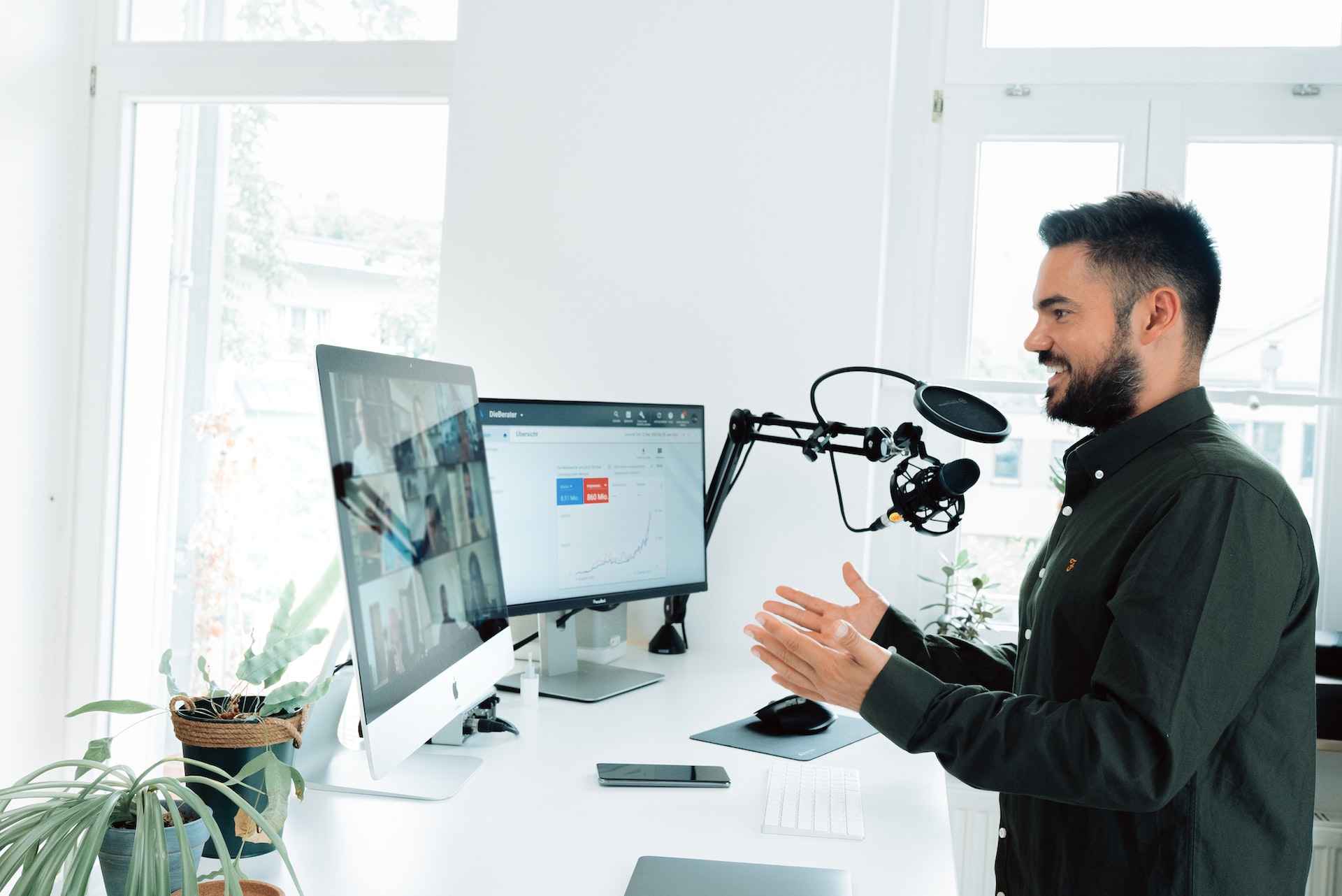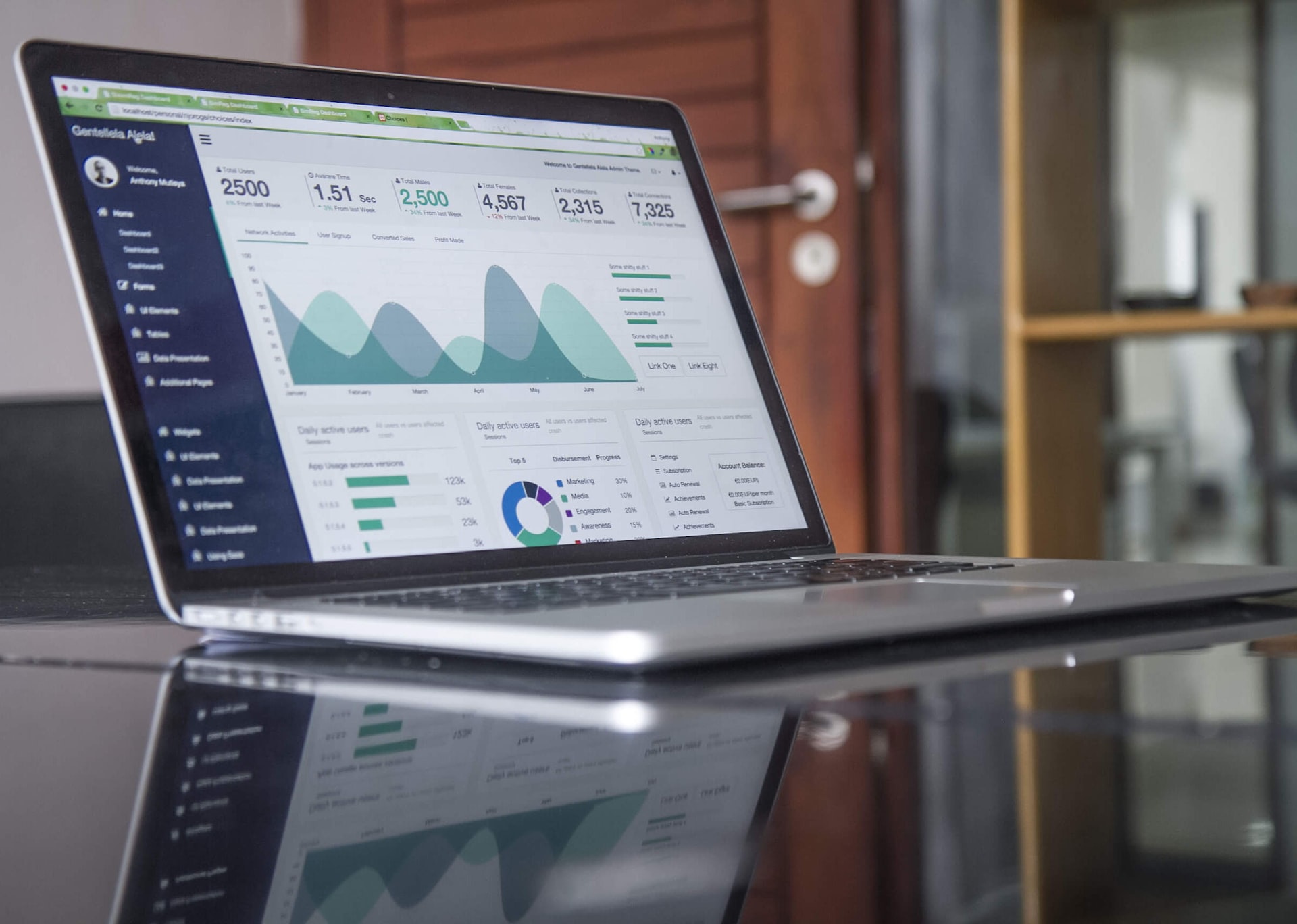A day in the life of an Accountant working on research projects
The first ever role in my Accounting career turned out to be in the realm of Project Accounting. I learned and, later on, led the management of financial information related to research projects at the Institute for Marine and Antarctic Studies (IMAS), a research powerhouse at the University of Tasmania.
I was involved in monitoring more than three hundred projects, ensuring costs stayed within the budget, reporting on financial position according to funding bodies’ rules, assisting with project set-up, accounting and system-related queries, and engaging in various project-based analytic initiatives. I worked on granular detail of a single project to the management of a portfolio of projects, which varied greatly in size (a few thousand to several million dollars).
Different projects funded by different funding bodies each had their unique set of challenges, which kept the job interesting. It requires me to think both creatively and critically when responding to non-routine requests from the project owners. The most common issue I encountered was allocating the salary of researchers among several projects with different end dates. I had to carefully consider how to utilise funding with the closest end date first but still adhered to the funding rules.
Another common challenge related to the financial literacy of the project's owners. They were brilliant scientists in their respective fields, but accounting jargon could confuse them. To help them understand their project finance, I framed my communications with plain words and avoided accounting terminologies. It was effective as I noticed a drop in repeated queries.
 Photo Credit: Malte Helmhold @ Unsplash
Photo Credit: Malte Helmhold @ UnsplashThe most complex task I had done was reconciling 7 years' worth of transactions in a $2.5 mil project. Over the years, the project experienced a high turnover of managers, which led to several inconsistencies in recording and categorising transactions. I worked closely with the Financial Reporting team and the Chief Investigator of the project to determine the correct financial position. Our final acquittal was accepted by the funding body, who had rigid funding guidelines.
I was particularly motivated by the opportunity to deepen my understanding of the research themes at IMAS, which was at the forefront of sustainable development for the benefit of Australia and the world. Several interesting projects I involved in, one way or another, include:
The ARC Centre of Excellence for Climate Extremes: The Centre leads vital climate science and predictions, trains climate science leaders and prepares Australia for future climate extremes.
The ARC Research Hub for Commercial Development of Rock Lobster Culture Systems: The Centre undertakes cutting-edge research bringing the dream of sustainable farming of lobsters to reality.
The ARC Australian Centre for Excellence in Antarctic Science: The Centre is committed to delivering new knowledge of East Antarctica and the adjacent Southern Ocean, connecting the researchers with the community, governments, industry and academia.
The Australian Antarctic Program Partnership: a consortium of Australia’s leading Antarctic research institutions. The AAPP will improve the understanding of the role of the Antarctic and Southern Ocean within the global climate system and its implications for marine ecosystems.
The Sustainable Marine Research Collaboration Agreement: funded by IMAS and the Tasmanian Government, SMRCA undertakes leading, world-class research into temperate marine and coastal research.
National Environmental Science Program: a long-term commitment by the Australian Government to fund environment and climate research.
Centre for Marine Socioecology: a unique collaboration between the University of Tasmania and the Commonwealth Scientific and Industrial Research Organisation (CSIRO), with support from the Australian Antarctic Division, focusing on the complex issues that are developing in the management of the marine estate.
The Experimental Aquaculture Facility: a partnership of Huon Aquaculture, Skretting and IMAS to provide specialist research facilities to support the growth and sustainability of the salmonid industry.
The Southern Ocean Observing System: SOOS's mission is to facilitate the collection and delivery of essential observations on the dynamics and changes of Southern Ocean systems to all international stakeholders.
The Quantitative Marine Science program: QMS program has funded over 130 PhD students to undertake research projects that apply mathematics and statistics to marine science problems of local, national, regional and global significance.
The Integrated Marine Observing System: IMOS operates a wide range of observing equipment throughout Australia’s coastal and open oceans, making all of its data openly and freely accessible to the marine and climate science community.
Various Australian Research Council grants including Discovery Projects, Discovery Early Career Researcher Award, Future Fellowships and Australian Laureate Fellowships.
Through these projects, I frequently have the chance to build relationships through interaction with stakeholders across the university, allowing me to hone my communication skills and the ability to work in a team. I collaborated with project administration personnel, researchers, financial reporting team, HR and Legal personnel on a daily basis.
Project accounting also allows me to participate in various continuous improvement initiatives. The most exciting initiative I worked on was developing a dashboard to report on how each project is performing financially. Some examples of what we report in the dashboard are projects’ current balance, budget, salary commitments, unfunded commitments and available funds. During the design phase of the dashboard, I played a role in bridging the gap between the researchers and the data analysts.
The most crucial piece of information that researchers want to see, unfunded commitments, was not readily available. It represented mostly salary commitments beyond the projects’ end date. This data had to be compiled from the HR system, the research management database and the finance system. I explained the concept to the data analysts and participated in testing the final product as well as educating the researchers on using the dashboard. We were able to create a one-stop shop for simple but repeating queries from researchers about their projects’ balance, saving countless hours of work.
 Photo Credit: Carlos Muza @ Unsplash
Photo Credit: Carlos Muza @ UnsplashIn terms of skills, I believe that attention to detail and the ability to effectively communicate with a range of stakeholders are essential to this role. Every project is unique in its own right so it is important to be familiar with the terms and requirements in the contract. In addition to providing support on single projects and at a portfolio level, you need to be able to tailor the communications to what matters most to the project owners, in an easy-to-understand language.
This is certainly a rewarding role. It is different to the traditional accounting positions of financial and taxation. I am lucky and feel grateful to have it as my first job after graduation.